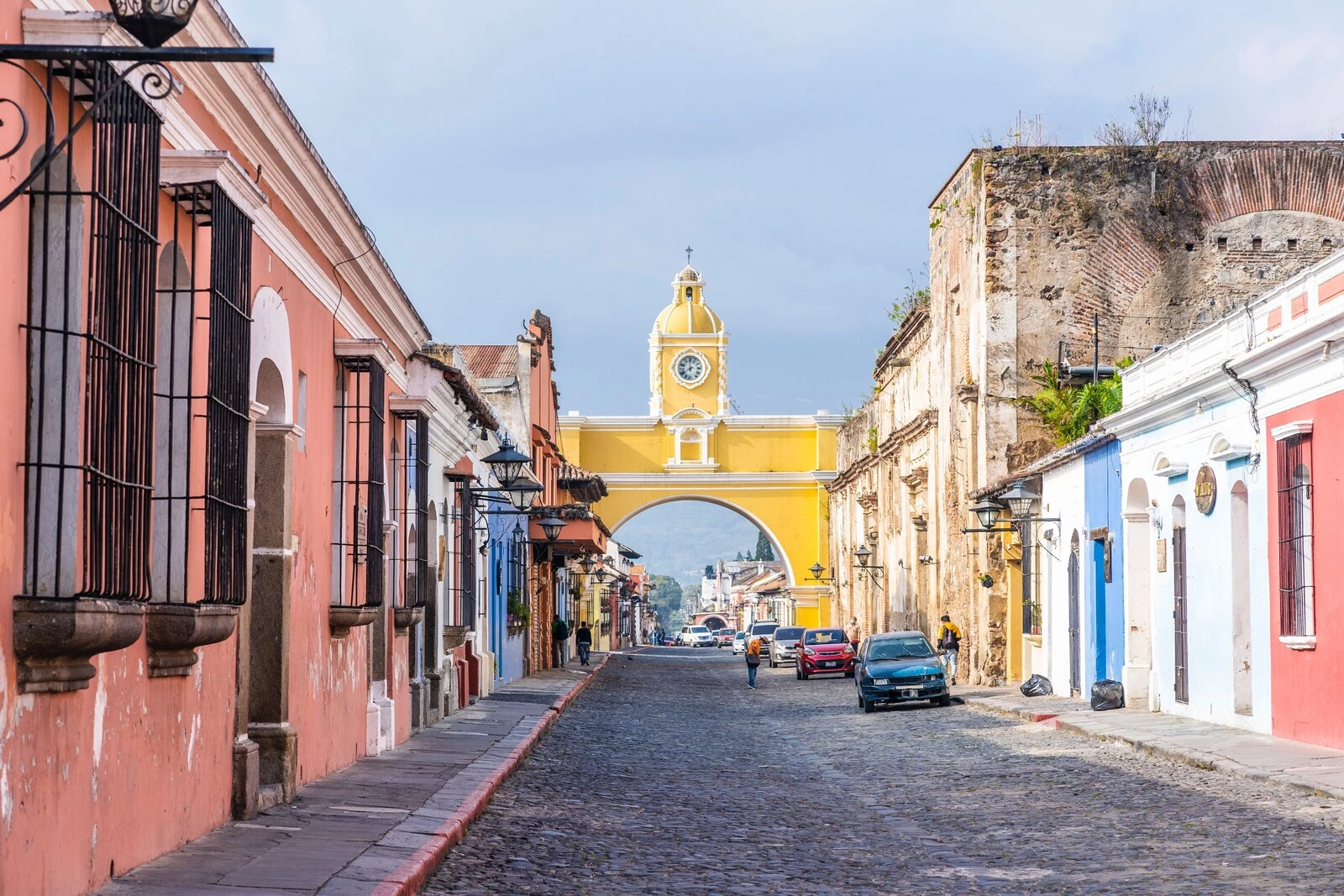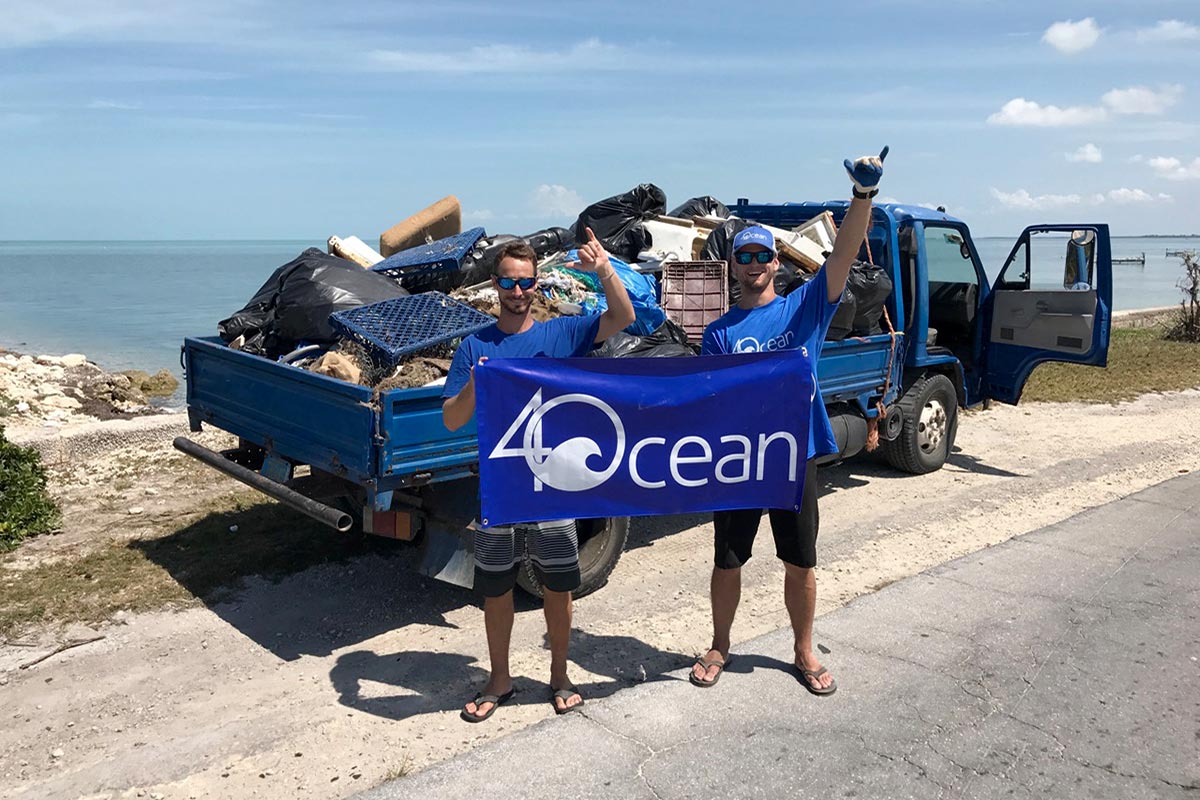At a time of increasing geopolitical and global economic complexities, Latin America’s political and economic landscape remains heterogenous and dynamic with varied economic performance across countries.
A 2.3% regional growth is projected by the World Bank and a lower 1.9% is estimated by the UN Economic Commission for Latin America and the Caribbean, while the region continues to face challenging debt levels and fiscal pressures, and even if still far from achieving satisfactory targets, lower levels of inflation and reduction in the cost of living are expected by economists in most of the region.
Following a series of political shifts marked by the elections held in Argentina, Ecuador, Guatemala and Paraguay, last year, a new wave of elections is expected in the following months, including El Salvador, Panama, the Dominican Republic, Mexico and Uruguay, while elections in Venezuela will depend on the negotiations to create the conditions for a free and fair electoral process.
Some governments are faced with the task of responding to the serious deterioration of public security, as well as seeking political cohesion to govern and provide certainty for investment and job creation, while adopting decisive social, environmental and macroeconomic reforms.
Visions for Latin America outlined at Davos
During the World Economic Forum’s 2024 Annual Meeting in Davos, Switzerland, discussions among regional leaders will explore the visions, challenges and priorities for Latin America, both those of a structural nature as well as arising ones, and also shifting paradigms and innovative policies driven by recently elected governments.
In anticipation to the persistently estimated lower global trade volumes, which have a significant impact on Latin America, the Forum’s Global Alliance for Trade Facilitation is assisting the region’s efforts to cut through red tape and end costly delays at borders by bringing together governments and businesses to deliver targeted trade reforms.
Among other priorities, in partnership with the Inter American Development Bank (IDB), the Forum is addressing the persistent gender gap through a network of Gender Parity Accelerators in seven Latin America countries that have advanced public-private collaboration platforms to address unresolved challenges faced by women in the labour force.
At the same time, public insecurity, lack of economic opportunities and natural disasters continue to drive alarming irregular migration flows that reflect complex structural circumstances and evidence concerning political, socioeconomic, environmental and human realities.
In the context of the Partnership for Central America, the regional programme at Davos will explore innovative multistakeholder cooperation models and the private sector’s contribution in the creation of prosperity to address the root causes of migration.
Collaboration key to addressing regional challenges
In the areas of climate and nature, in collaboration with regional and international partners endeavouring to enhance the region’s efforts to address regional and global challenges, the World Economic Forum established a cross-platform workstream supported by 1t.org and the Uplink innovation platform bringing together leaders from government, business, local entrepreneurs and members of the local communities from across the Amazon basin to share existing challenges and explore potential solutions for the Amazon’s sustainable bioeconomy and ecopreneurship.
At the same time, the Tropical Forest Alliance is supporting partnerships and collective action to drive the region’s deforestation-free supply chains particularly in cattle and soy. And through the Global Plastic Action Partnership, the Forum is providing a platform for concrete multistakeholder action on plastic pollution.
he World Economic Forum also supports Latin America’s energy transition through an emerging regional initiative on enabling a clean hydrogen economy, and country level multistakeholder dialogues on net zero and investments mobilization for clean energy that will not only contribute to reducing CO2 emissions but has also a potential for job creation in a growing green economy landscape. |
It is also important to note the region’s renewed international role in the context of key multilateral platforms including the G20 and COP30 chaired by Brazil, the
Asia-Pacific Economic Cooperation (APEC) forum led by Peru, the biodiversity COP hosted by Colombia, and the multilateral development banks’ coordination by the IDB, as well as proposing relevant multilateral system reforms.
How Latin American can strengthen its resilience
Although Latin America continues to perform below its potential, it is seeking to overcome the impact of the global economic slowdown and strengthening its resilience.
But to accelerate progress, the region must also tackle political and governance risks, boost regional integration and enhance its productivity by modernizing its development models, embracing emerging technologies and increasing investments in its most competitive sectors.
The region has a timely opportunity to leverage its advantages, harness its vast natural endowment, its strategic geographic position and its human capital to address regional demands and play a key role in providing solutions to challenging global issues, including energy transition, climate action and food security.













